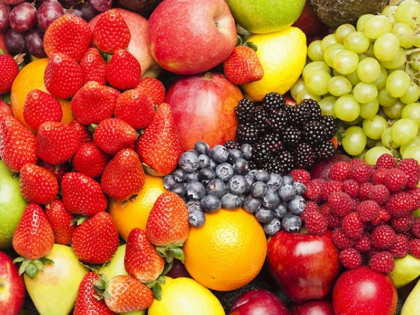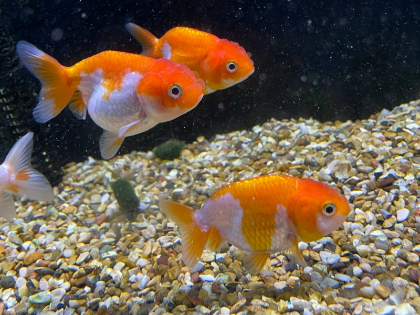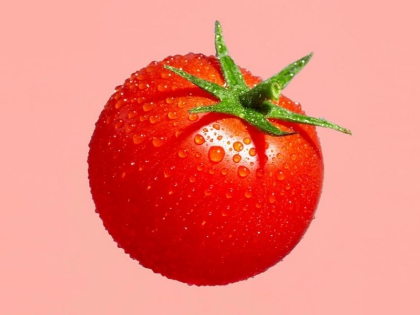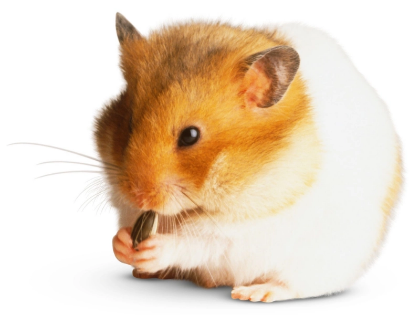Despite their reputation as starch bombs, potatoes are actually extremely healthy. They provide a good amount of protein and are rich in vitamins, minerals, and other nutrients.
Additionally, they have no cholesterol. However, the way we prepare them might ruin our diets. As long as they are simply baked or boiled, they are acceptable in a balanced diet.
Yes

Advertisement
Potatoes, despite being regarded as a "bad carb," are nutritious if consumed in moderation. They have less fat than any other vegetable and no cholesterol, making them a high-quality source of energy. Additionally, they contain a lot of potassium, which helps control blood pressure. According to macrobiotic nutritionist and health practitioner Shilpa Arora, including them in your diet will minimize water retention and balance sodium levels.
Even though potatoes have a higher glycemic index than the majority of other vegetables, they can still be included in a healthy diet when prepared in a way that doesn't significantly raise the calorie intake (fried potatoes, for example). Additionally, they are a wonderful source of fiber, vitamin C, potassium, folate, and antioxidants.
A diet consisting solely of potatoes would be low in important fatty acids, protein, calcium, and iron, all of which are necessary for a number of bodily processes. Eat boiled, steamed, or baked potatoes as opposed to fried ones for the best effects. Additionally, whenever possible, use low-sodium, organic varieties. The ones with green patches on their skin should be avoided as they have higher levels of glycoalkaloids, which include solanine, and are consequently less healthy. Last but not least, pick a small or medium-sized potato because they often contain fewer calories and sugar.
No

Potatoes can be a part of a balanced diet when they are prepared with consideration for portion size and toppings, even when they become harmful when topped with sour cream, cheese, bacon, or when they are deep fried. They include several minerals, including thiamin, riboflavin, vitamin B6, copper, tryptophan, manganese, and niacin, and are a great source of potassium, fiber, and vitamin C.
Because potatoes have a high glycemic index (GI), like all carbs, they may temporarily raise blood sugar levels. The good news is that managing your blood sugar levels and avoiding spikes can be accomplished by consuming a range of foods that contain both simple and complex carbohydrates.
In addition to being a strong source of potassium, which supports kidney health, potatoes are also a wonderful source of heart-healthy minerals like soluble fiber and vitamin C. Furthermore, a medium-sized baked potato offers almost half of your daily required dose of vitamin A, which is important for preserving eye health. Beta-carotene, an antioxidant found in other orange vegetables and capable of being converted by your body into vitamin A, is also abundant in sweet potatoes.
with restraint
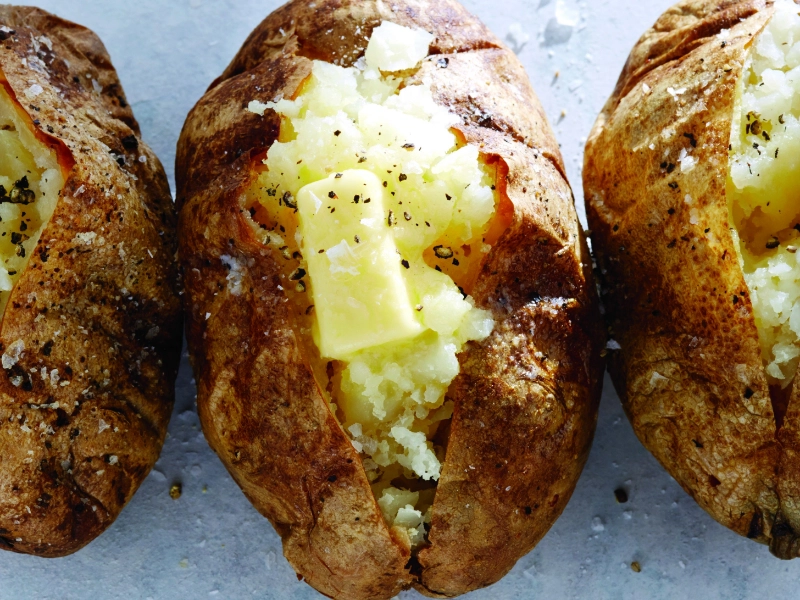
The ketogenic diet and other low-carb eating programs have given potatoes a poor reputation, but they can still be a nutritious dish when prepared in a non-fried, low-sodium manner. The USDA suggests consuming up to five cups of starchy vegetables each week, which includes potatoes.
Dietary fiber, potassium, vitamin C, vitamin B6, and niacin are all abundant in potatoes. Additionally, they include potent antioxidants that stop the production of free radicals, a harmful result of metabolism that can contribute to chronic diseases like diabetes and heart disease.
Fried potatoes, especially fries and chips, can raise blood sugar levels when consumed frequently, which can raise the risk of type 2 diabetes and high blood pressure. Furthermore, any nutritional value those potatoes may have can be negated by the additional oil and salt in them. Beckerman and Brissette advise adhering to healthier preparation techniques like baking or boiling potatoes if you're going to consume them.





